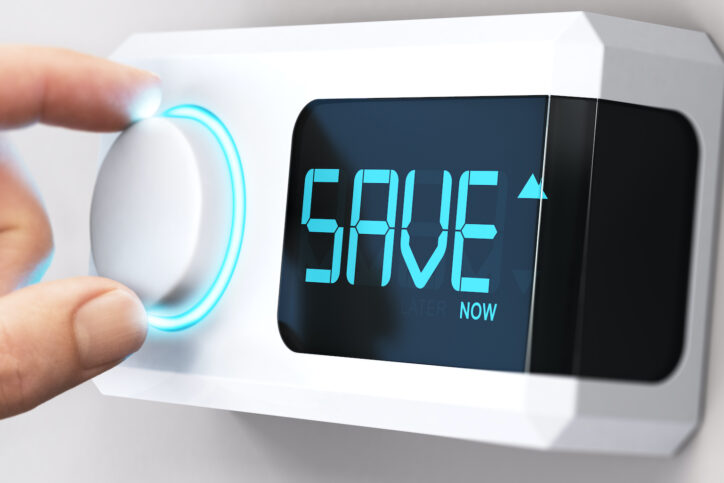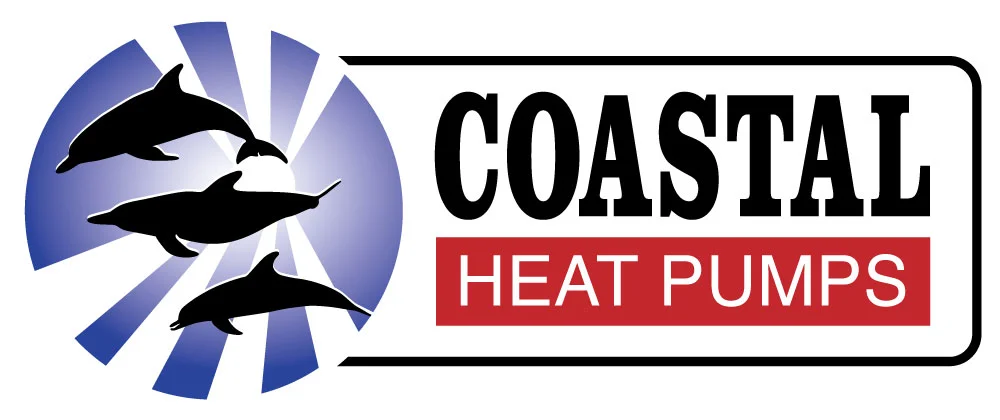
- by Tracy
- Heat Pumps
4 Ways You Can Improve Energy Efficiency in Your Home
Certainly, every household seeks to reduce energy use to keep electricity bills at the minimum. Unfortunately, energy consumption has only increased over the years. Case in point, energy expenditure per Canadian household increased by 4 percent between 2015 and 2018, with the national consumption being recorded at five times the global average.
Adopting energy-efficient methods goes a long way in reducing our carbon footprint, and in most cases, simple measures such as turning the heat down and upgrading dated heat sources is the most efficient way to do so. Whether your energy relies on uranium energy stock or you have gas supplied to your home – there are lots of ways to be efficient. For instance, you can strive to be energy efficient by replacing your current roof (which is perhaps showing signs of wear and tear) with energy-efficient roofs similar to Asphalt shingles (which can be installed with the help of a trusted roofing contractor near you).
Anyway, that was one of the several ways you can be energy-efficient–there are several other options too. So, weigh the best options and select one to help improve energy efficiency in your home. You can consider the following helpful methods for doing that.
Switch to a heat pump
Heat pumps are known to be the best alternative to furnaces and air conditioners, since they move heat from a warmer space to a cooler space as opposed to generating heat or using fossil fuels, they can reduce electricity use by up to 50 percent. Moreover, they provide conditioning using a quarter of the cost of conventional cooling appliances, making them the ultimate money and energy savers.
Furthermore, a high-efficiency heat pump dehumidifies relatively better than standard air conditioners and at a lower cost. Since heat pumps come in various types, you have options when it comes to picking the ideal one for your home.
Seal and insulate your home
An air sealed home can help improve indoor air quality while reducing your utility bills. This may require you to consult a professional to identify the areas of heat loss in your home that could be costing you in your energy bills. They will advise how you can better insulate and seal your home for minimal heat loss. Typically, leaks often happen around pipes and wires, attic hatches, window frames, fireplace dampers, poorly weather-stripped doors, baseboards, and electrical outlets.
You can choose to do simple repairs to seal and insulate your home by:
- Plugging large holes
- Sealing small holes
- Sealing the attic access panel
- Fitting insulation in walls with gaps
These DIY tricks are a cost-efficient method to regulate the temperature in your home. The supplies involved can easily be purchased at a discount from home improvement stores (https://www.raise.com/coupons/lowes) or discounted by a government scheme for insulation purchase.
Once completed, these can help to keep your home temperatures regulated at all times by reducing drafts as well as temperature dissipation through walls. This saves you from using electricity to warm the home up during cold weather or cool it in warm weather.
Purchase energy-efficient appliances
Appliances use up about 13 percent of household energy on average, and this figure ranges depending on the type of appliances and how often you use them. This makes it essential to pay attention to the annual operating cost when buying an electronic so as to be sure you are using the least energy possible.
Most appliances have a label that serves as a federal guarantee that the item is energy-efficient, both when in use and in standby mode. Although most of them have a higher price, you are sure to save more on energy costs in the long run. You may also want to consider having an Electrician Parkdale has to offer, or indeed one close to you, over to take a look at your wiring and other systems to see if any changes can be made to help them be more efficient.
Replace incandescent lights
With lights using an average of 11 percent of household energy, you have no doubt that this is an equally important area to consider when planning on reducing energy costs. Unlike traditional lights which convert only 10 percent of energy into light, energy-efficient lighting such as light-emitting diodes (LED) and compact fluorescent lamps (CFL) can reduce energy use by 50-75%. Therefore, when replacing your appliances or switching to a heat pump, remember to change your bulbs as well.
Bottom line
Choosing to adopt energy-efficient ways of living goes beyond reducing your energy bills; it can also help to conserve the environment to prevent the adverse effects of energy overuse. With the mentioned tips, you are on the right path to keeping your house comfortable, and more importantly, cutting down on electricity use.
Coastal Heat Pumps strives to help you save on energy use by providing heat pumps, accessories and related services, including maintenance, repairs, and installations. Contact us to book an in-home heat pump estimate.
